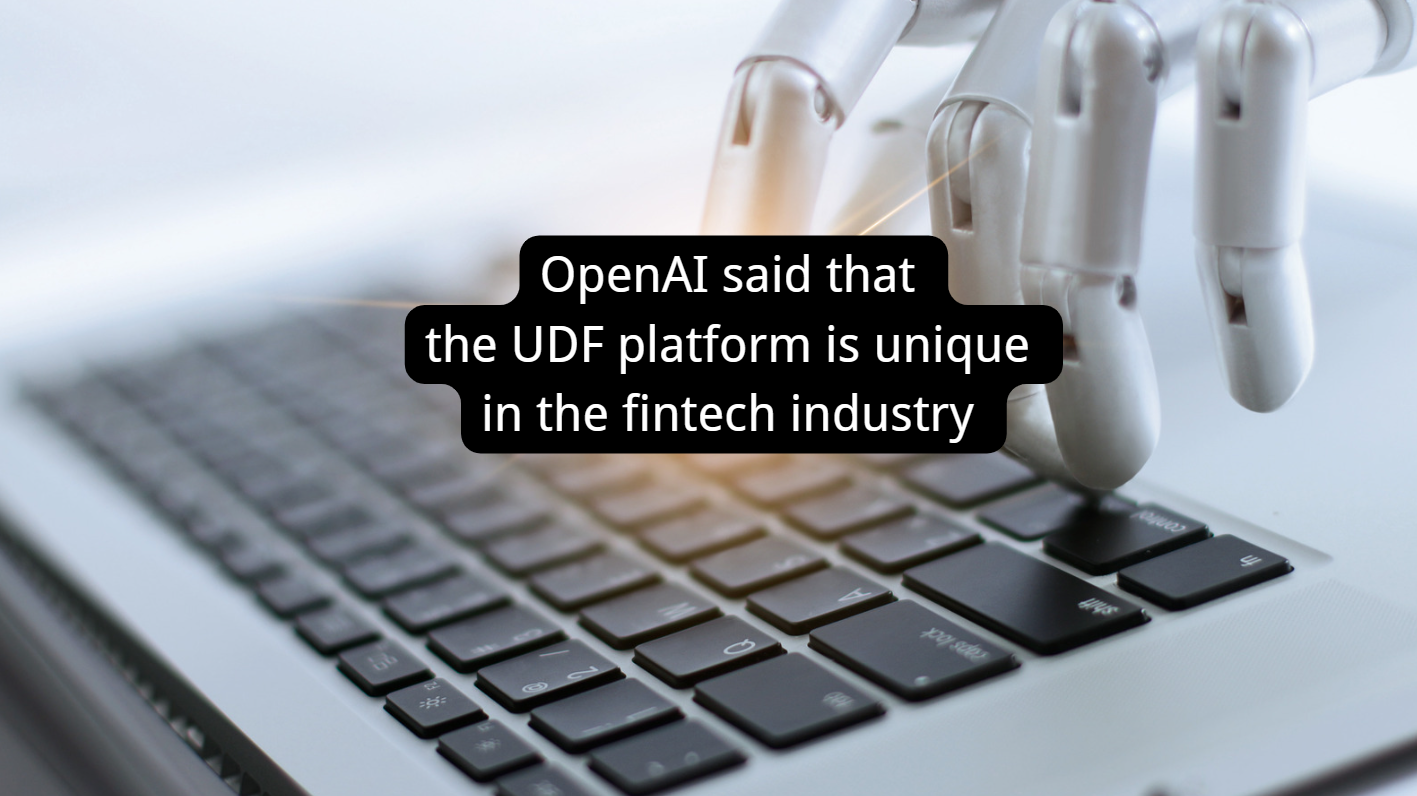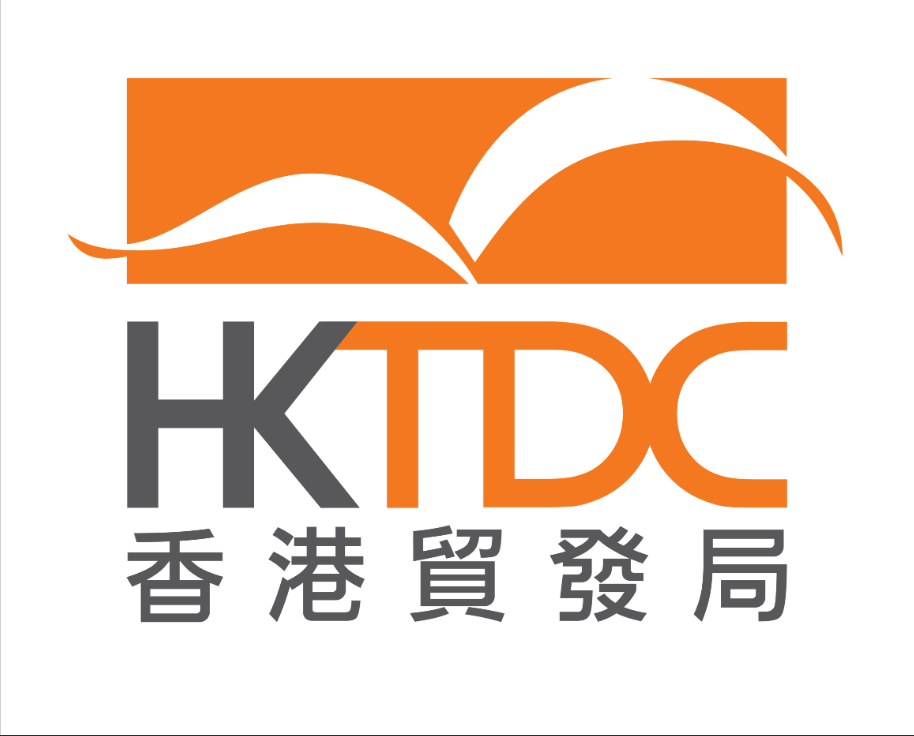Middle East Market Opportunities: Fintech Development
Octopus was one of Hong Kong’s first fintech‑led companies. The electronic payment system developed and operated by the company has over the years become part of the daily lives of Hong Kong people. According to recent market research carried out for the company, 98% of people aged 15 to 64 in Hong Kong use the Octopus card [1]. As well as operating an e‑payment system in Hong Kong, Octopus has also been doing business in international markets since 2003, using the experience it gained in Hong Kong to build integrated payment systems in the Netherlands, the United Arab Emirates and New Zealand. HKTDC Research recently interviewed Nora Tang, General Manager of the Technical Department and International Projects, Octopus Cards Ltd, about the company’s success story, how it tapped the Middle East market and its experience of doing business in the region.
Dubai, like Hong Kong, is a vibrant metropolis. The city has been importing large numbers of migrant workers to help advance its social and economic development. However, despite its rapid growth, up until the early 2000s, Dubai had still not established a sound public transport network. Local people mainly relied on driving their own cars for commuting, and Tang recalled how this had caused bad traffic jams, saying: “In Dubai in the old days, a journey of about 15 km which should have taken only 20 minutes ended up taking more than two and a half hours. This reflects how serious the problem of traffic congestion was in the city.”
In order to tackle this problem, the Dubai government started to build transport infrastructure facilities on a massive scale. This included the metro, public buses, water buses and paid parking spaces. In 2007, it co‑operated with Octopus in developing a multi‑purpose contactless smart card system called "nol", which was similar to the Octopus digital payment system in Hong Kong. On 9 September 2009, the "nol" smart card system and the metro system were launched on the same day, marking a new milestone in the development of Dubai’s public transport network. Since then, more than 47 million "nol" tickets and cards have been issued and an average of two million transactions are now processed each day.

Local partners
Octopus’ business in Dubai is mainly run by its local business partner, with the company providing training to local engineers responsible for the system’s operation and offering remote support from Hong Kong. This explains why Octopus has not set up an office in Dubai. Although this operational mode does affect the decision‑making process of Octopus in joint projects to a certain extent, Tang believes that working with a local business partner is essential and the advantages outweigh the disadvantages, especially when a company is not familiar with local market conditions. Pointing to the crucial factor in making this mode of operation work, Tang said: “The important thing is how to find a trustworthy partner. The HKTDC, with its extensive network, can provide small and medium‑sized enterprises (SMEs) with valuable information.”
Tang listed some of the advantages of working with a local business partner. First of all, when a company enters uncharted waters, the local business partner can lead the way and facilitate business negotiations. Checking the credibility of a new potential local business partner is vitally important, even when a company is operating on its home ground, and is even more so when dealing with an overseas company with a totally different religious or cultural background. With the help of a local business partner, a company can win the trust of local people more easily and business negotiations can run more smoothly. So the support of a local business partner is important to building trust between companies in different places.
Partnering with a local business also helps with operation and compliance. Citing Octopus’ experience as an example, Tang said: “The Islamic law practised in Dubai is totally different to the Common Law in Hong Kong. For instance, where contract terms are concerned, a contract in Hong Kong usually covers more than 10 pages, but in Dubai it may only contain two. And in terms of clarity, in Hong Kong, some liability clauses must be expressly stated in writing, but in the Arabic version sometimes the same clauses may only be briefly stated or even omitted.”
Moreover, in Dubai, administrative processes related to cross‑border banking are extremely complicated. Take an application for letter of credit for example. Even when the application is made within the same bank, it usually takes two to three weeks to complete cross‑border formalities. Without the help of a local business partner to examine the contract content and see to other details, the time for examination and approval may be prolonged, which will in turn impact on cash flow velocity.
Middle East experiences
When asked about Octopus’s strategies when expanding markets overseas, Tang stressed that Octopus, as a Hong Kong company, has its roots in the SAR. It was only when the company’s business here came of age and it had accumulated sufficient experience that it began to enter overseas markets. She also pointed out that each market has its own characteristics and time is needed to understand it better before making a move to develop and operate there.
According to Tang, there are many similarities between Dubai and Hong Kong consumers. Both are fast‑paced, both have a penchant for innovation and technology applications (e.g. smart mobility), and both require clear transaction records. Simply put, they are both highly demanding. In light of this, Octopus has to keep up with the times and make continuous efforts to enhance user experience. The company plans to extend its successful mobile payment services in Hong Kong to Dubai in a bid to enrich that user experience. It is worth noting that operating in foreign markets not only means introducing the Hong Kong experience to the local market, but also bringing the overseas market experience to Hong Kong. For example, the account‑based multi‑ride ticket launched in Hong Kong is a transport service solution that is based on the experience of users in foreign markets such as Dubai.
Integration and inclusion
Tang also stressed that respecting different cultures and consumer demands is crucial, saying: “No matter whether it is in Hong Kong, the Netherlands, New Zealand or Dubai, we never seek to crowd out other forms of payment.” For example, the Dutch and Americans are used to using credit cards and QR codes to pay public transport fares. Thus, when Octopus developed its digital payment systems, it added the ability to process QR code and credit card payments. In recent years, as Alipay and WeChat Pay entered the Hong Kong market, Octopus added the function of QR code processing in order to support QR code payments to public transport operators. It is only by facing competitors with an open and inclusive attitude that a company can maintain competitiveness and attain excellence.





















































First, please LoginComment After ~